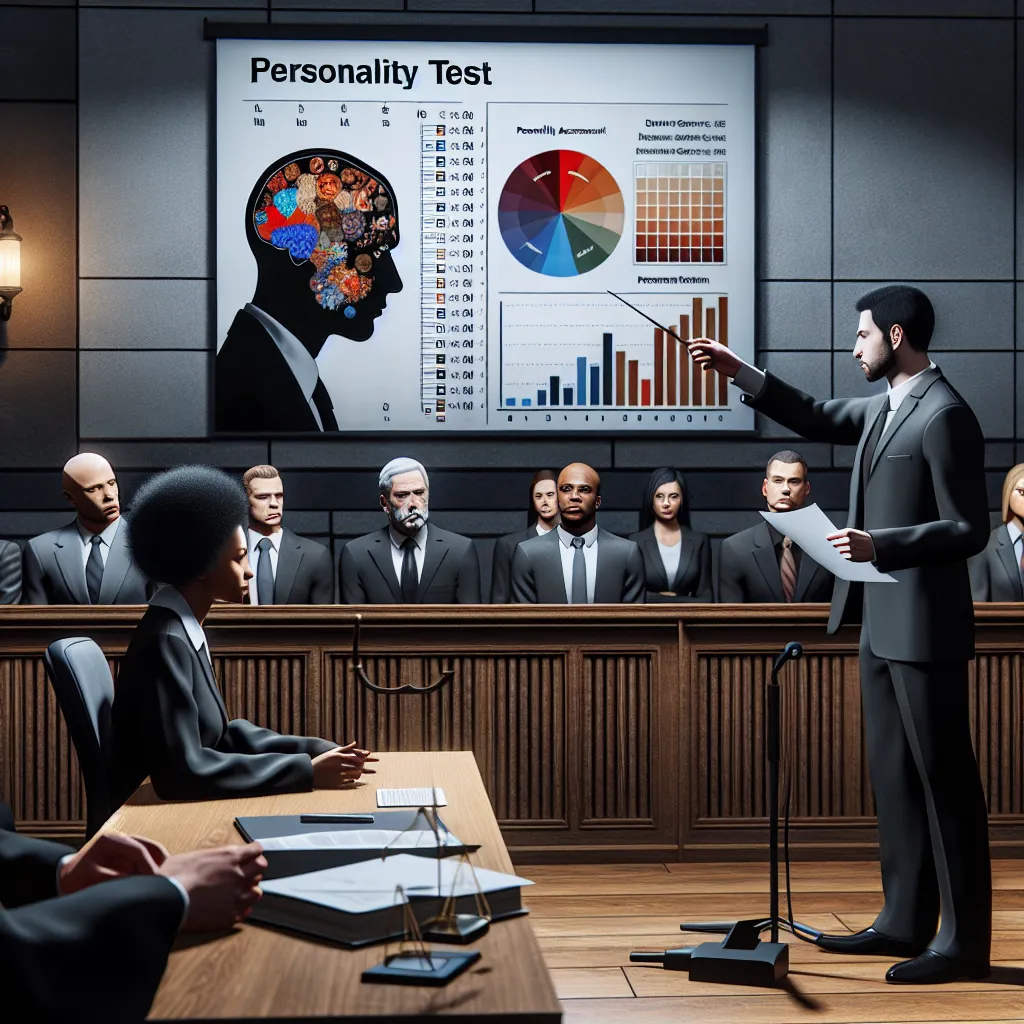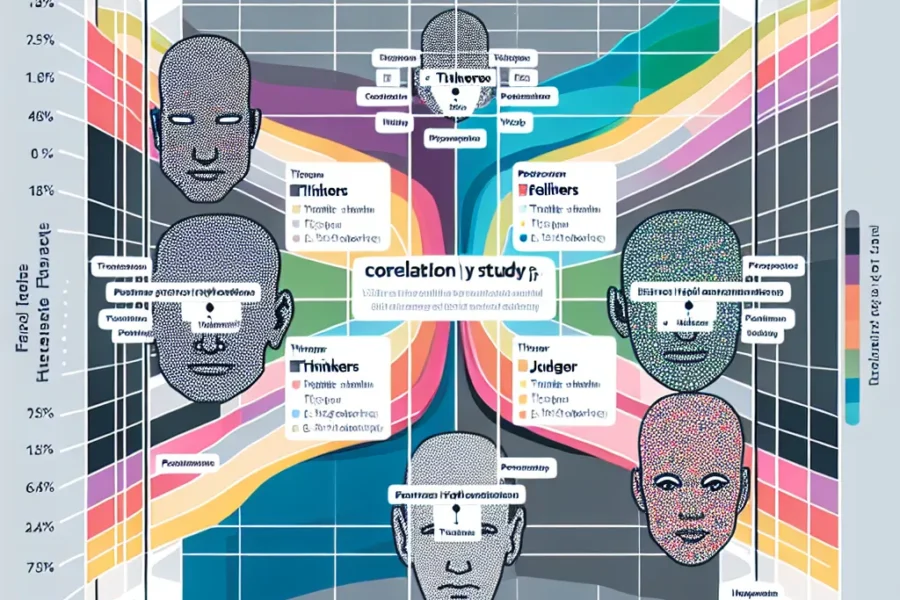Personality tests have become increasingly prolific in various sectors of our society, including the field of law. Their use in legal proceedings can range from informing custody battles to influencing decisions on parole. This integration of psychological instruments within judicial processes has sparked an ongoing debate regarding their practicality, reliability, and ethical standing. In this article, we will explore the use of personality tests in legal proceedings, the types commonly used, their advantages, their potential drawbacks, and how they are influencing justice systems today.
At the foundation of this discussion is the premise that human behavior and personality can be quantitatively measured and predictively understood. Personality tests, also known as psychological assessments, are standardized instruments designed to evaluate an individual’s character traits, emotional states, and behavioral patterns. The legal system’s interest in such tests underscores a commitment to objectivity and fairness, whereby understanding a person’s psychological makeup may provide additional insight into their actions or predict future behaviors.
In legal proceedings, personality tests can serve several functions. They can help in selecting an unbiased jury through the assessment of predispositions that may affect a juror’s decision-making. They are used in criminal cases to gain insight into a defendant’s state of mind or risk of recidivism. In family law, these tests can inform decisions about child custody, gauging a parent’s ability to provide a stable environment for the child. In employment law, they may be used to defend against claims of discrimination or wrongful termination.
A variety of personality tests are commonly used in legal contexts. The Minnesota Multiphasic Personality Inventory (MMPI), one of the most widely used standardized psychometric tests, assesses personality traits and psychopathology. It is often employed to evaluate defendants in criminal cases or to determine the psychological fitness of law enforcement applicants. The Rorschach Inkblot Test, although more controversial, has been used to examine an individual’s mental state and detect underlying thought disorders. Moreover, the Myers-Briggs Type Indicator (MBTI) has been utilized, albeit less frequently, to assess a person’s personality type, despite skepticism about its scientific rigor in legal settings.
The application of personality tests in legal proceedings offers some noteworthy benefits. They provide a systematic approach to understanding individuals that can complement other evidence and testimony. Such tests can reveal key traits like aggression or impulsivity that offer valuable context in criminal cases. They also promote consistency and structure in how judges and juries view psychological evidence, potentially leading to fairer outcomes.
Despite these advantages, the use of personality tests in legal proceedings is fraught with challenges. One of the primary concerns is the accuracy and validity of these tests. Critics argue that personality is too complex and nuanced to be fully captured by standardized assessments. Furthermore, there are risks of cultural bias, misinterpretation of results, and overreliance on test findings. The legal system often deals with subjective human experiences and the complexities of individual behavior, which may not be adequately interpreted through personality tests alone.
Another challenge is the qualifications and expertise of the individuals administering and interpreting the tests. The use of psychological assessments in a legal context often requires forensic psychologists who specialize in the intersection of psychology and law. Without proper expertise, the interpretation of test results can be flawed, leading to potential miscarriages of justice. Additionally, the dynamic nature of personality and the impact of situational factors on behavior makes it difficult to draw firm conclusions from test results.
The debate over the use of personality tests in legal proceedings also touches upon ethical considerations. Questions arise as to whether the results of these tests could infringe on personal privacy or be used prejudicially. There is also the issue of informed consent, especially in adversarial legal settings where individuals may feel compelled to participate in psychological assessments without fully understanding their rights and the potential implications.
Despite the contentious nature of personality testing in the legal realm, their use continues, with ongoing efforts to improve their relevance and reliability. Advances in psychometric research are leading to the development of more sophisticated, scientifically grounded tests that may yield better insights into human behavior. Moreover, increased training for legal professionals on the proper use and interpretation of personality tests can mitigate some of the risks associated with their use.
In conclusion, the use of personality tests in legal proceedings reflects an intersection between psychology and the law with the potential to deepen our understanding of human behavior within the judicial process. While these tools offer valuable contributions to the legal field, they must be employed with caution, expertise, and a critical awareness of their limitations. It is crucial for the judicial system to balance the quest for objectivity with a recognition of the complexity and diversity of human personality, ensuring that justice is served with respect to both scientific evidence and the individuality of those involved.
As personality tests continue to evolve, so too must the legal framework governing their use. Ensuring that these tests are applied ethically and judiciously will remain an ongoing challenge for legal professionals. However, when handled correctly, personality assessments can serve as one piece of the puzzle in the quest for a fair and equitable legal system, shedding light on aspects of the human psyche that might otherwise remain obscured. It is the responsibility of the justice system to harness these tools responsibly, upholding the principles of law while embracing the insights offered by the field of psychology.



Leave a Comment